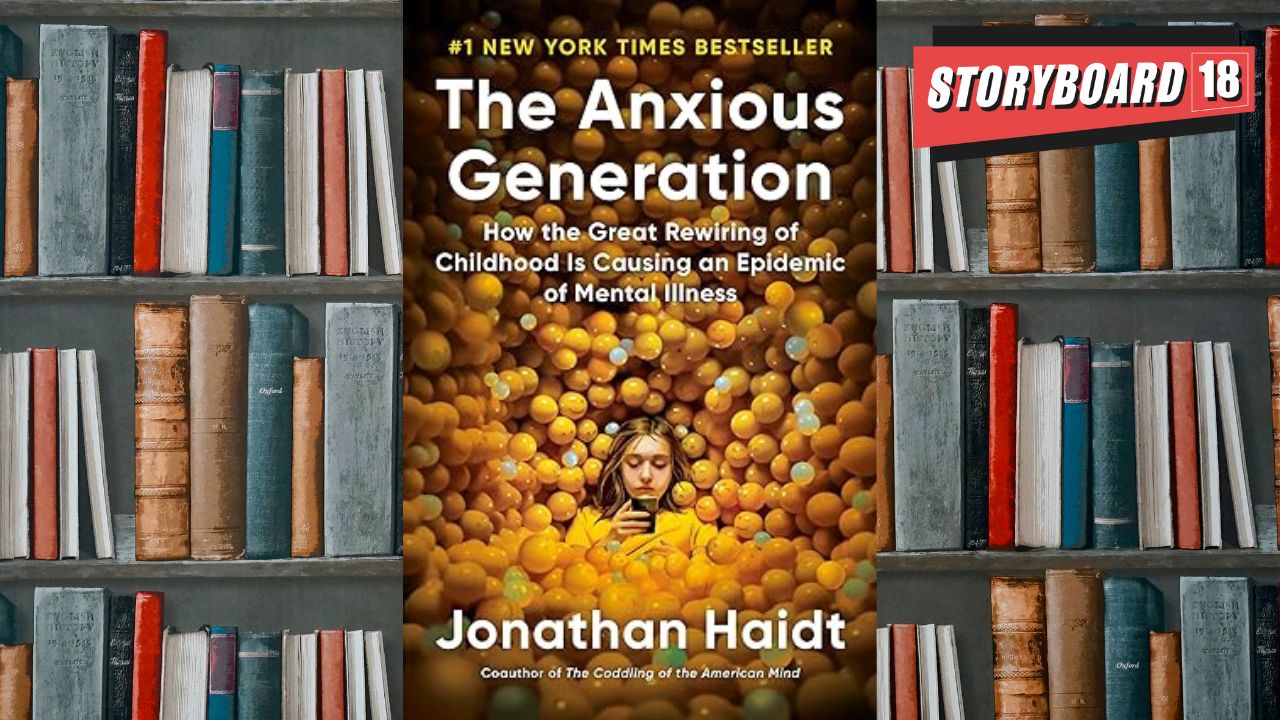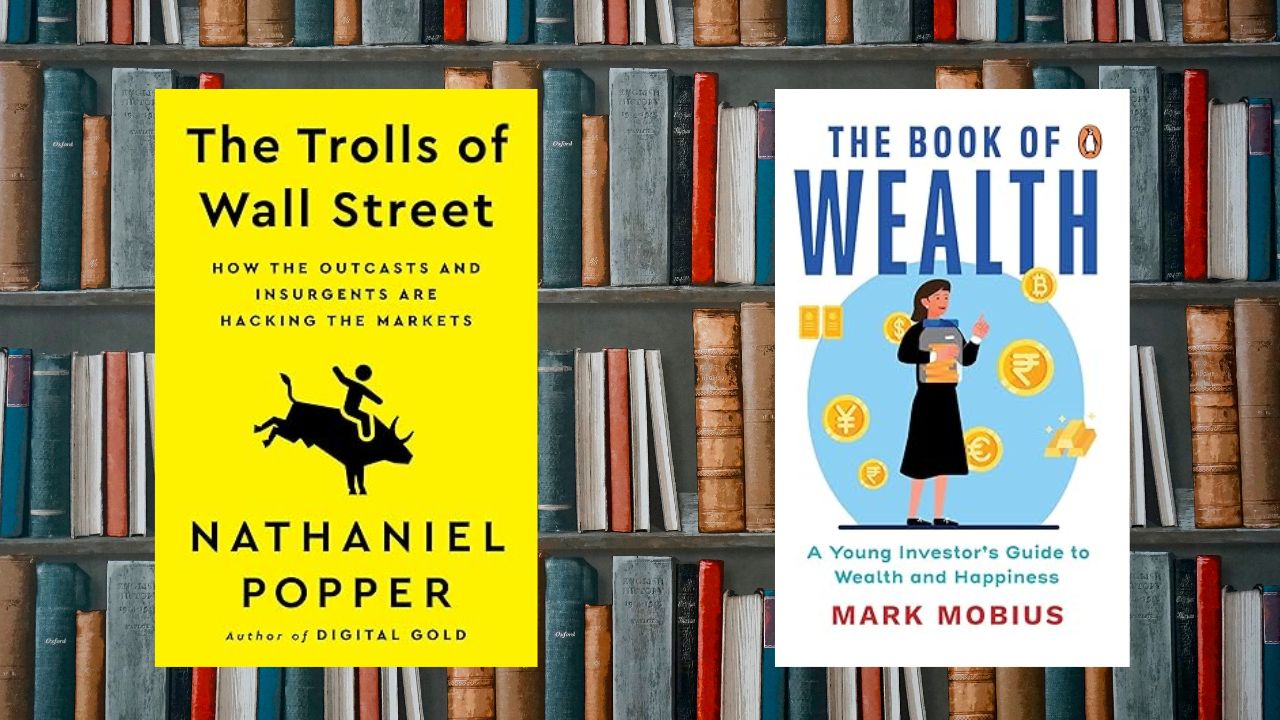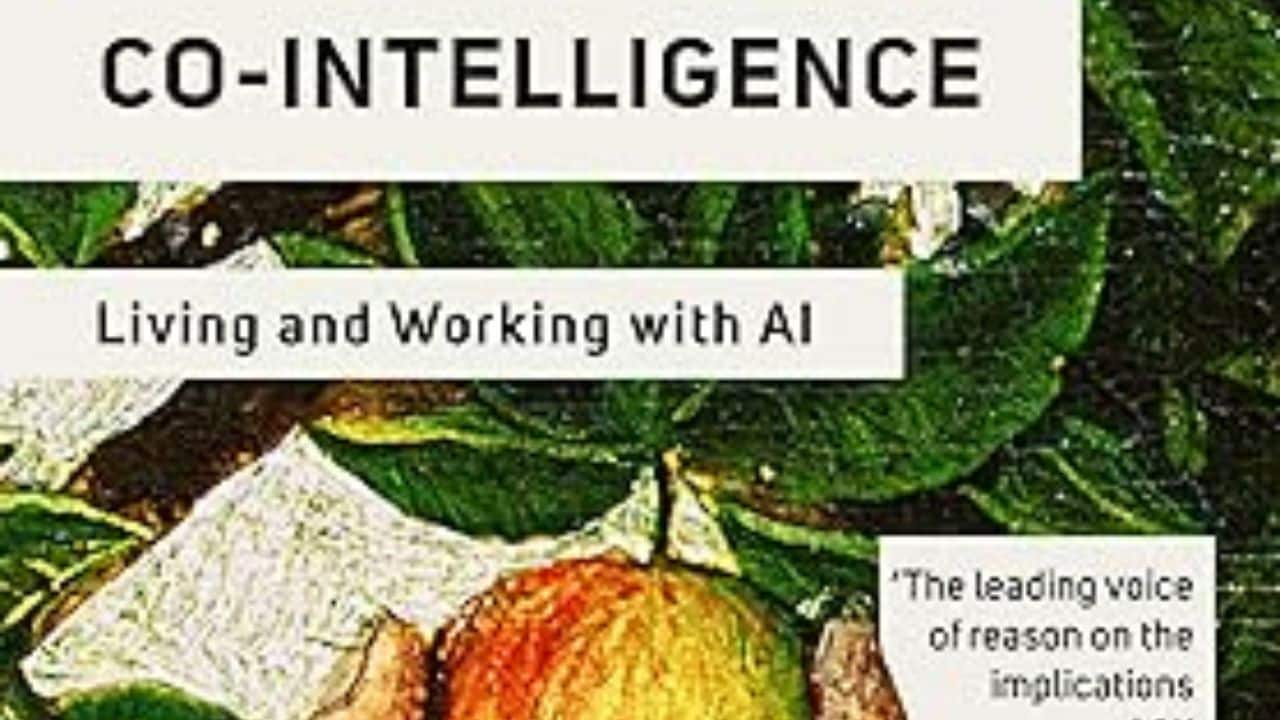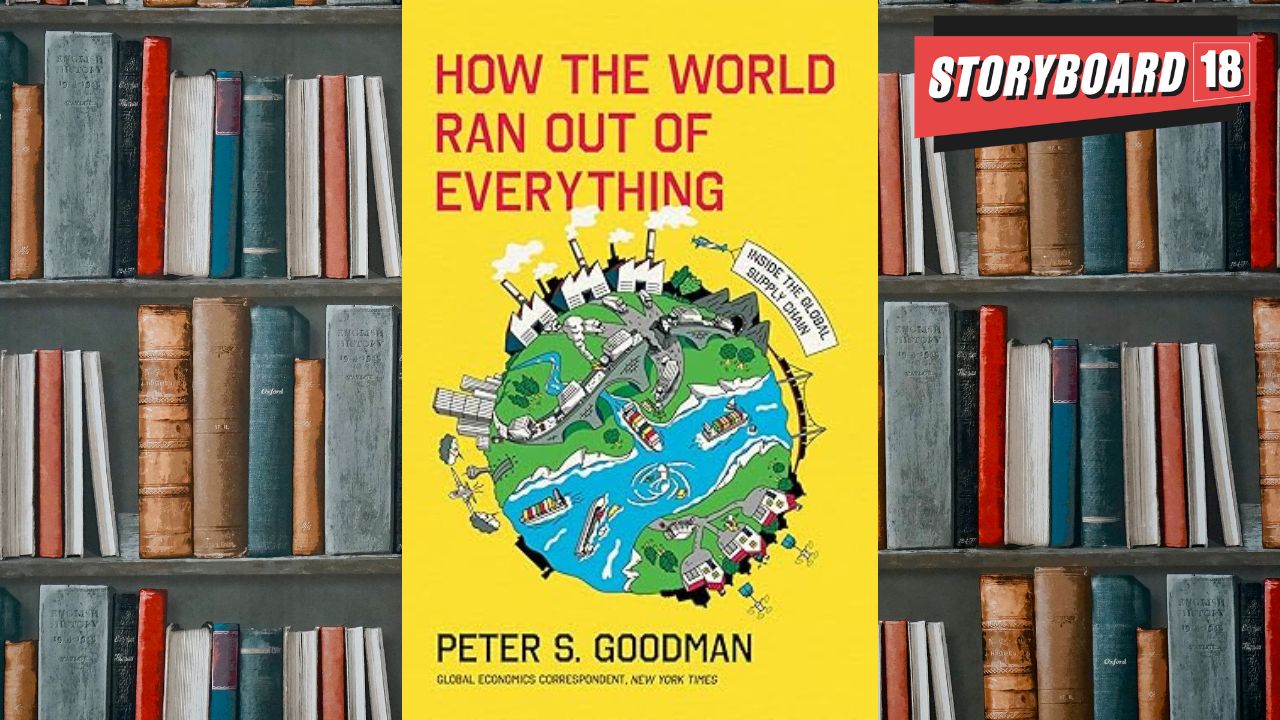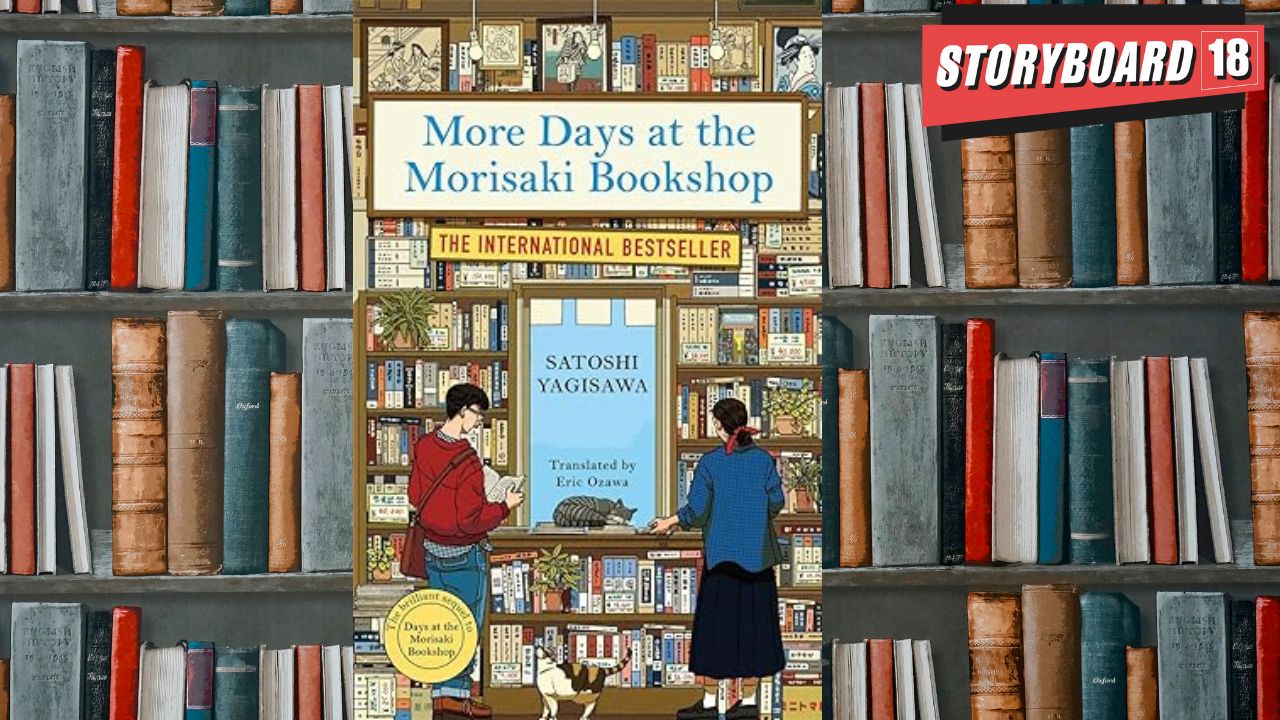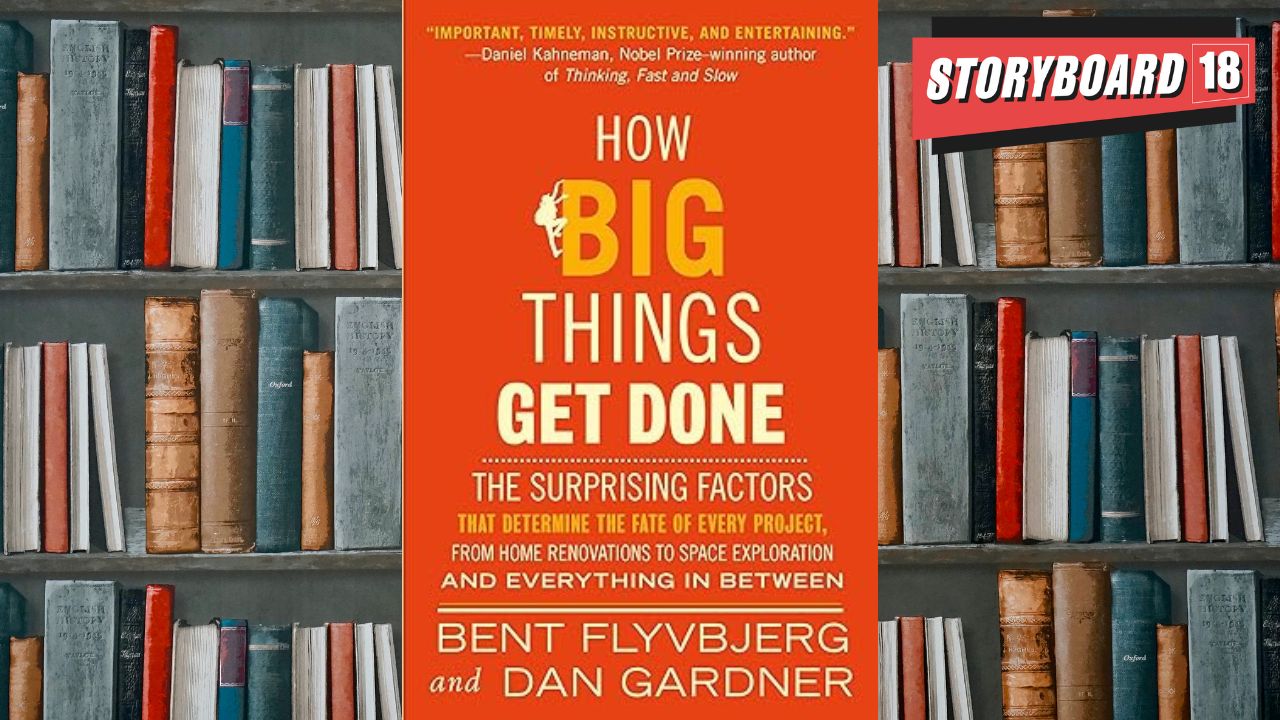In this week’s column, Reeta Ramamurthy Gupta writes, it’s only in the 19th century that the dictionary began to trace the meanings of words across time and describe how people were actually using them.
Tag: Bookstrapping
Bookstrapping: The Anxious Generation by Jonathan Haidt
As per the review by Reeta Ramamurthy Gupta of ‘The Anxious Generation’ by Jonathan Haidt, apart from social media creating an obsession among girls to embrace perfection, heavy addicts of social media reported higher levels of depression as compared to non-users.
Bookstrapping: Of money, male loneliness and more
As per our reviewer Reeta Ramamurthy Gupta, author and journalist Nathaniel Popper talks about ‘people, connections and wealth’ in the online world in The Trolls of Wall Street. Mark Mobius is also talking about ‘people, connections and wealth’ in the offline world in ‘The Book Of Wealth.’
Bookstrapping: Of glass cliffs, menstruation and missing trees
In this week’s bookstrapping column, Reeta Ramamurthy Gupta shares her thoughts on Shahina H Rafiq’s ‘The Menstrual Coupe’, Sophie Williams’ ‘The Glass Cliff’ and Elif Shafaq’s ‘The Island of Missing Trees’.
Bookstrapping: Co intelligence: Living and working with AI
In this book, ‘Co intelligence: Living and working with AI,’ Ethan Mollick focuses on how practical aspects of AI can transform our world
Bookstrapping: Inner Drive by Arsen Tomsky
As per the review by Reeta Ramamurthy Gupta, one of the insights she highlighted was that ‘friends and acquaintances sometimes worry that you will become more successful than they are, which would damage their self esteem. So they try consciously or subconsciously to stop you from a new venture by describing the many threats and risks you will face!’
Bookstrapping: How the world ran out of everything by Peter S Goodman
As per the review by Reeta Ramamurthy Gupta, in the last chapter, the author talks about the importance of technology and how it is helping people feel more in control of the supply chain itself.
Bookstrapping: ‘More Days at the Morisaki Bookshop’ by Satoshi Yagisawa
As per the review by Reeta Ramamurthy Gupta, The Morisaki Bookshop is known for ‘modern Japanese literature.’ Though it was not a successful business by any means, it supported an entire community of people in a uniquely symbiotic manner.
Bookstrapping: How Big Things Get Done by Bent Flyvbjerg and Dan Gardner
The authors emphasize that before launching a project, it would be useful to check how long, other similar projects have taken and build an estimate from there. Even if the available estimate is a remote one, reviews Reeta Ramamurthy Gupta.
Bookstrapping: Supercommunicators by Charles Duhigg
Miscommunication occurs when people are having different kinds of conversations. On the contrary, good communication comes from symmetry. So pause a moment to understand what kind of conversation is happening, highlights Reeta Ramamurthy Gupta in her review.

